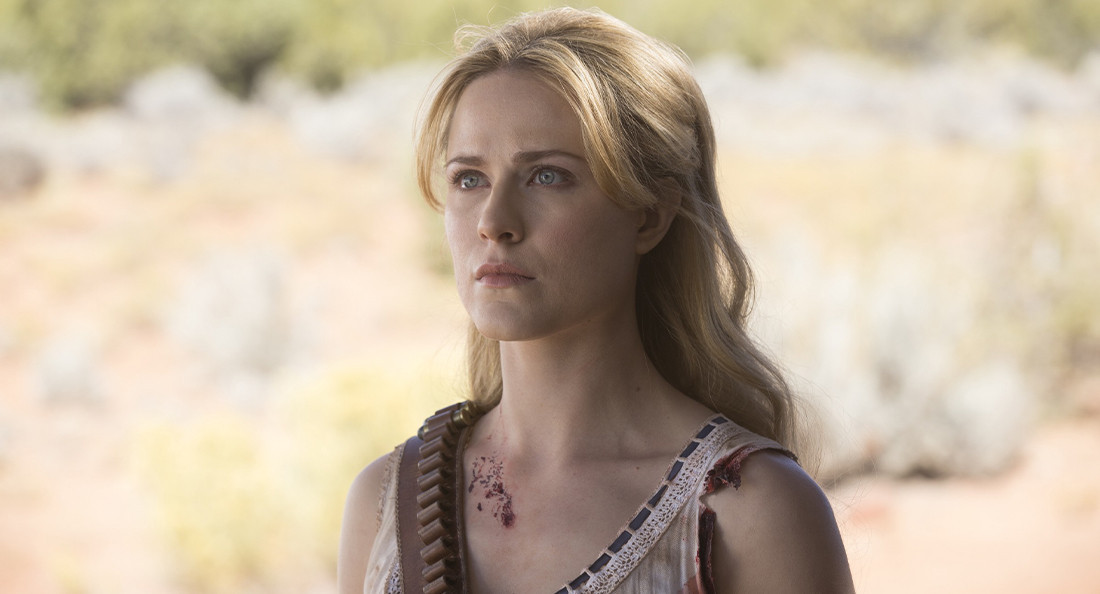Beyond the tired narrative
What HBO forgets about survivors of sexual violence
I can tell you the entire plot of HBO’s Game of Thrones, from the Red Wedding to the series finale, even though I never made it past the first season. That can happen when a show dominates conversations, Emmy nominations and BuzzFeed articles for eight years.
Like Wesley Morris at The New York Times, I experienced the show “as a bystander.” And since I started watching years after the series premiere, I also “knew the meaning of ‘Hodor’ before I’d ever seen the character himself.” But I also knew how violent, sexist and harmful the show could be.
Michael Lombardo, HBO’s former president of programming, called the subscription-based network “an adult service” and defended graphic scenes in Game of Thrones, including one where Jaime Lannister rapes his twin sister in a violent deviation from the original A Song of Ice and Fire text. After all, “it’s not TV. It’s HBO.”
That attitude has permeated seemingly every major HBO project since. Westworld opens with a “lifelike female robot being dragged off to be raped.” And that’s only the first scene.
Executive producer JJ Abrams has claimed the show’s graphic sexual violence exists for a reason, namely, “you can’t tell a story about oppression without depicting the oppressed.” In his words, “No one was going into this thinking ‘let’s do a show that somehow dehumanizes women.’ This is a show, I would argue, very much about the opposite.”
I haven’t seen Westworld, mostly because I can’t afford HBO’s subscription package, but also because I’m tired. As Guardian critic Danielle Henderson wrote when she decided to stop watching Game of Thrones in 2014, “I’m exhausted by the triumph of men at the expense of women as a narrative device,” something she describes as “not only boring but also a little too tied to my real-world experience as a woman and Person of Colour.”
When discussing Westworld for TIME, Eliana Dockterman writes that “the assaults of the first half of the series inform the rebellion in the second.” Characters like Game of Thrones’ Sansa Stark and Westworld’s Dolores Abernathy harden and evolve after being violently assaulted.
Experiencing rape and domestic abuse can change people, including how they think, act and relate to others. What HBO series like Game of Thrones and Westworld fail to show, however, is just how strong, powerful and brave women can be before they’re attacked.
A third of women will experience sexual violence in their lifetime, but every survivor is more than those traumas. Assault is only part of our stories, even though rape narratives dominate the fantasy realms of Westeros and Westworld.
I started devouring The Queen’s Gambit on Netflix after I read an article from Elisabeth de Mariaffi in Maclean’s. One line says it all: “the best thing about The Queen’s Gambit is there’s no rape in it.” But to make things even better, “it is a rape-free story about a woman succeeding.”
Abrams is right, in a way. Entertainment media should reflect what happens in the real world, including showing “the oppressed,” but it needs to stop fetishizing, demeaning and exploiting characters in the process – and there’s nothing wrong with including prominent stories of women who aren’t assaulted.
I’ve heard HBO’s I May Destroy You depicts sexual violence more responsibly than its predecessors. It’s a start.
Danielle Doiron is a writer, editor and marketer who splits her time between Winnipeg and Philadelphia. She’s spending the pandemic reading, practising yoga and cursing out the governments in both cities she calls home.
Published in Volume 75, Number 13 of The Uniter (January 7, 2021)







